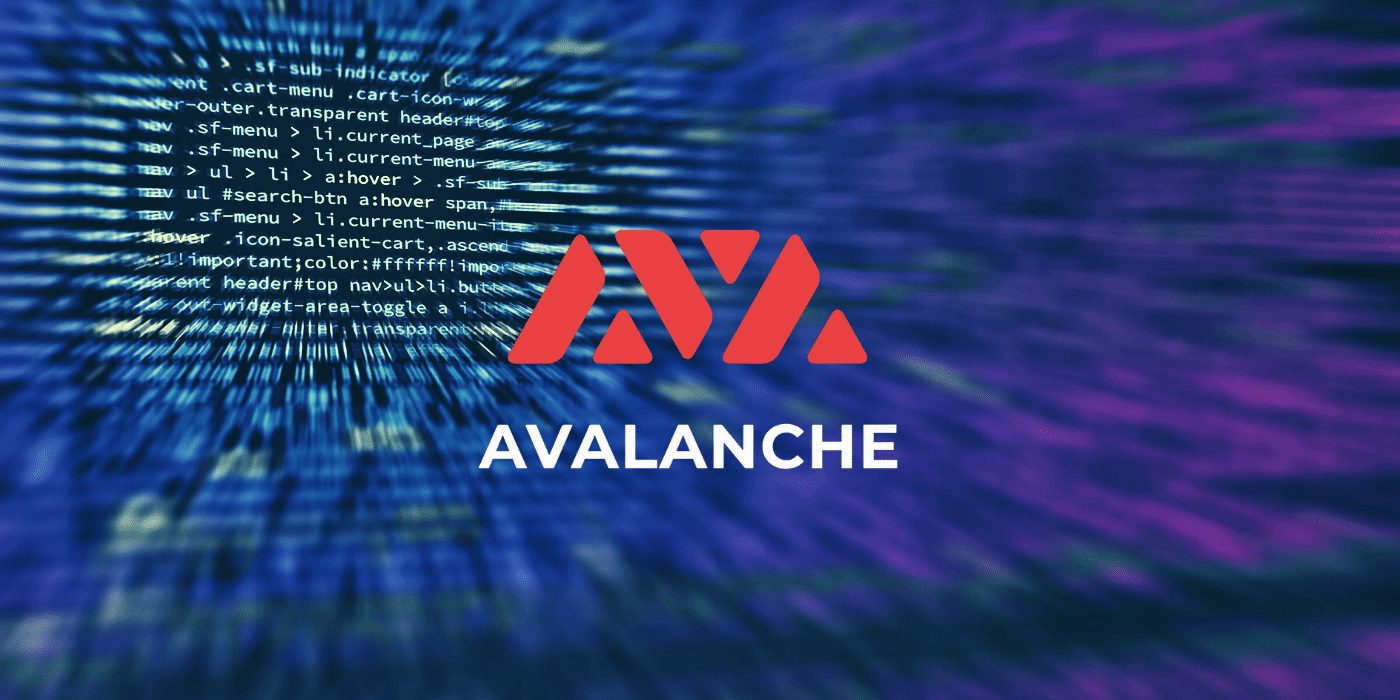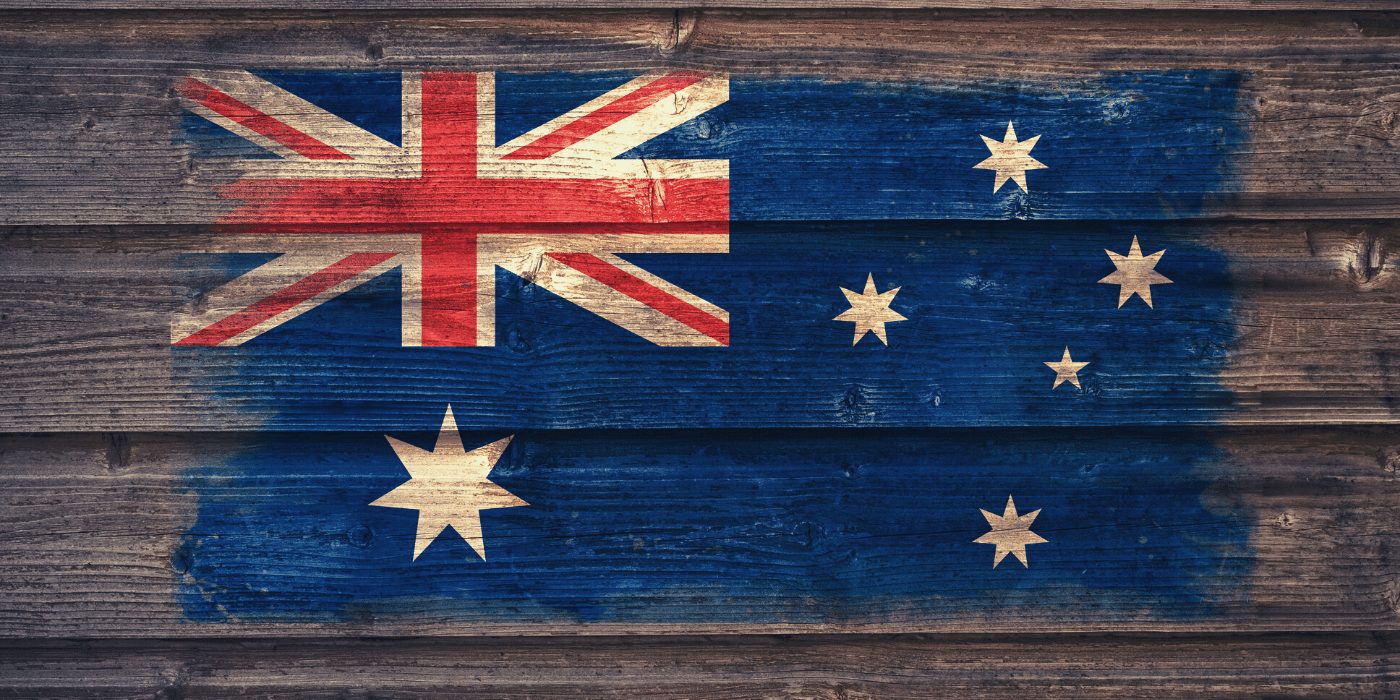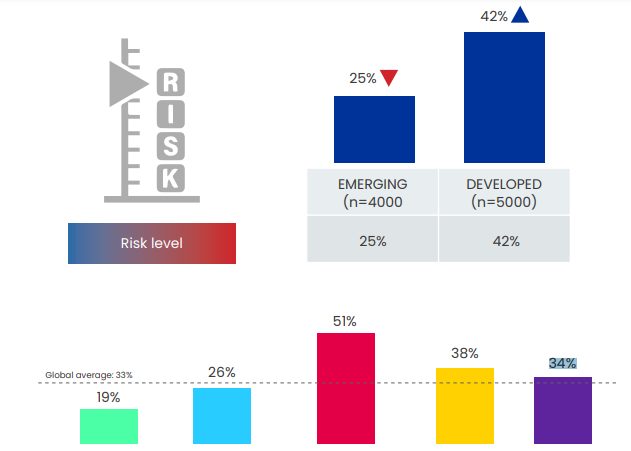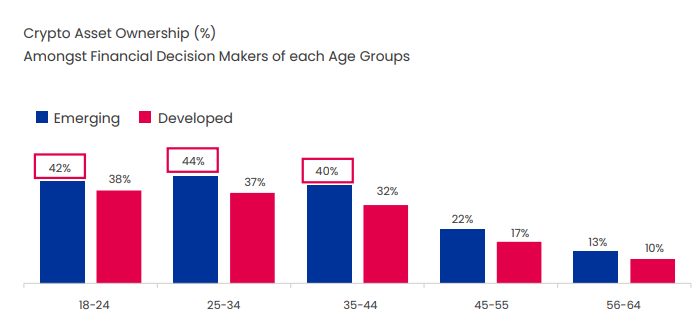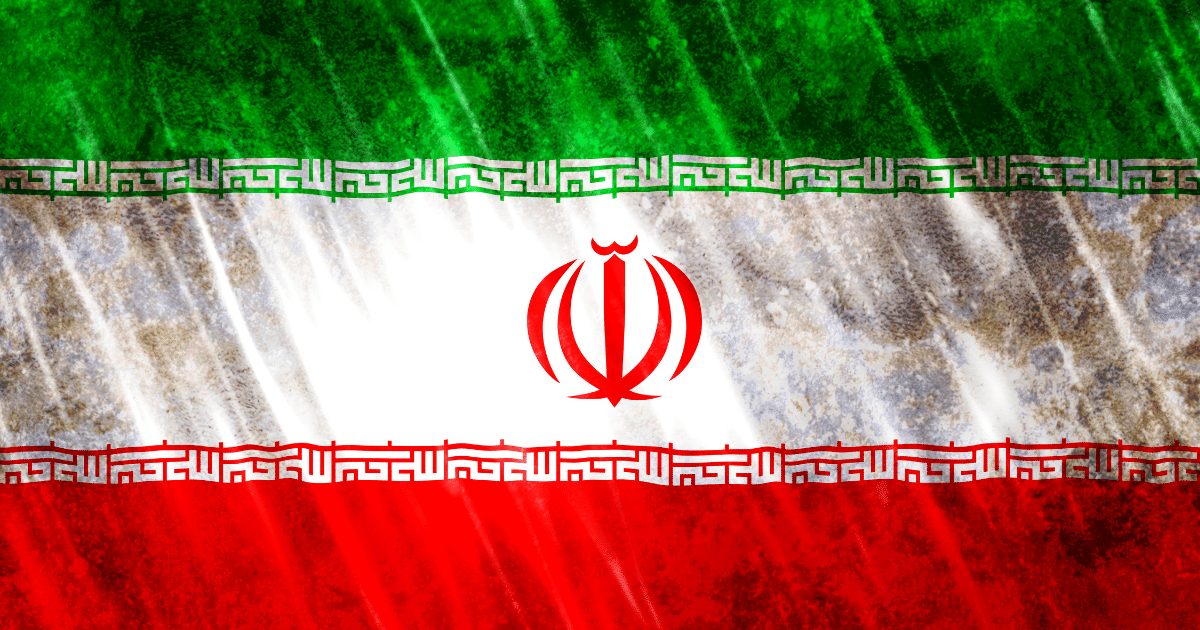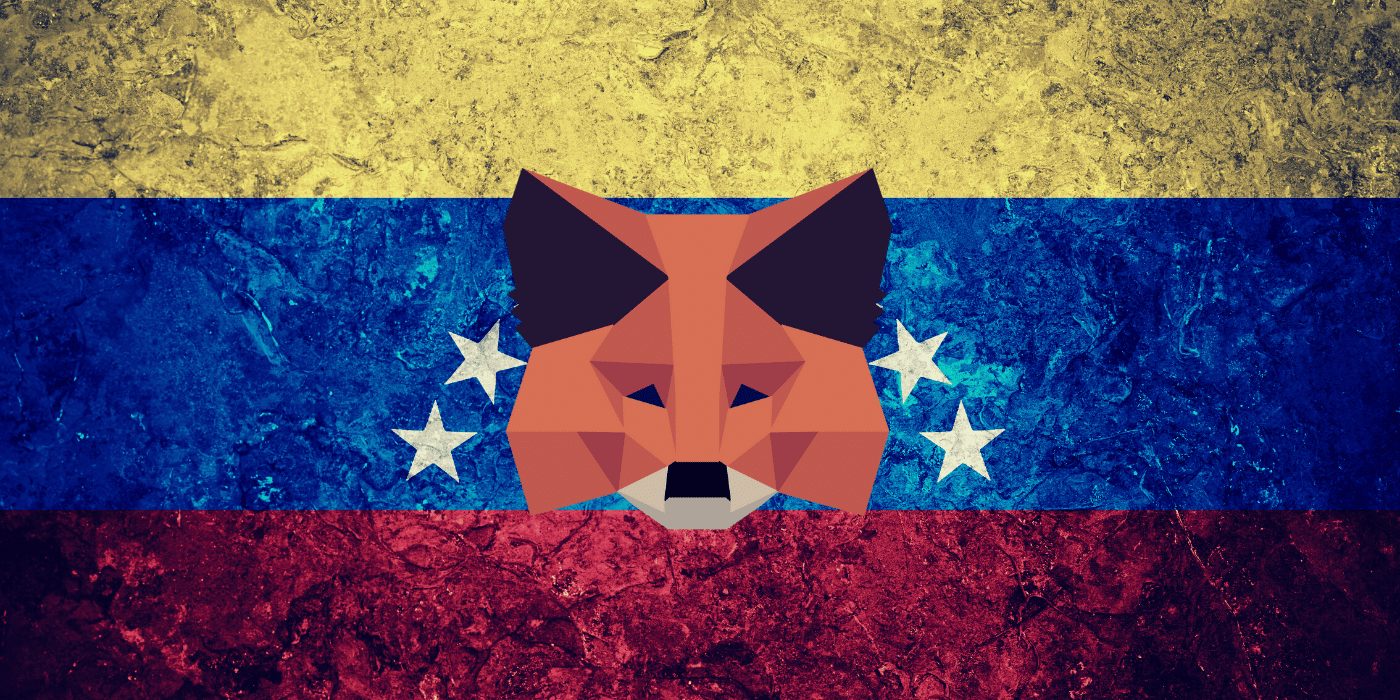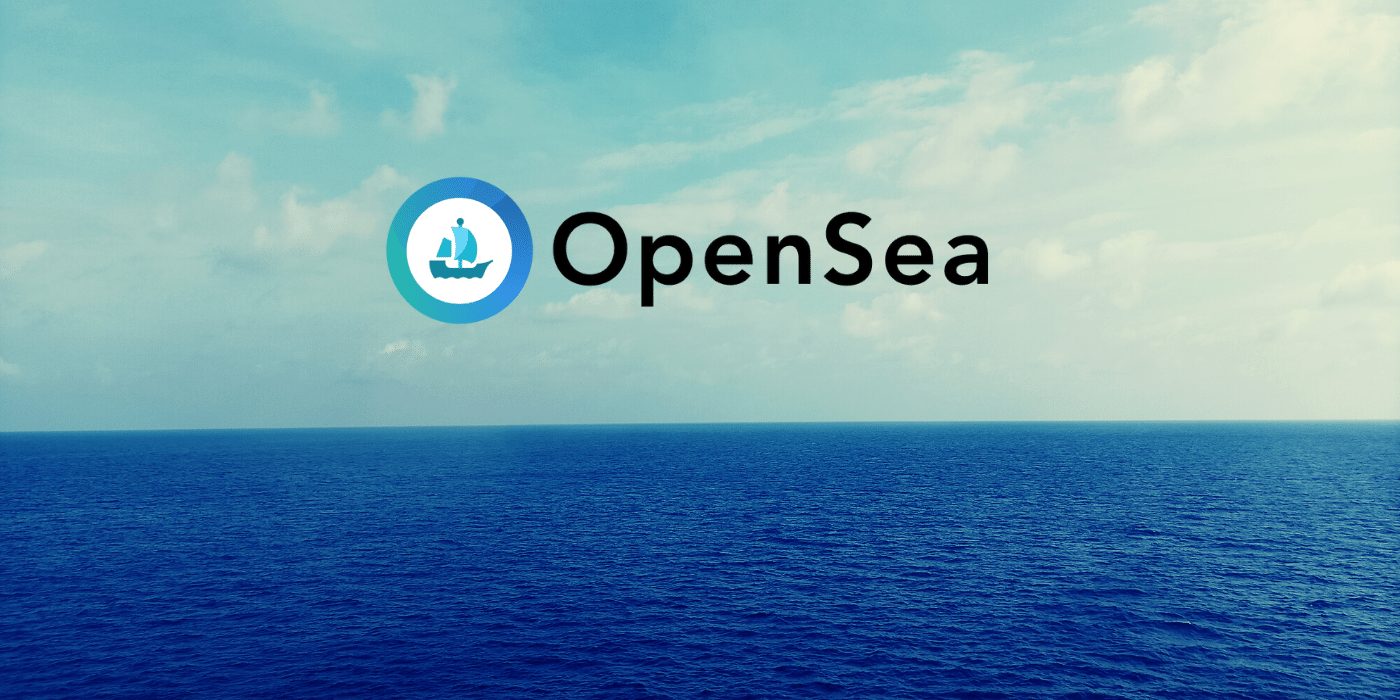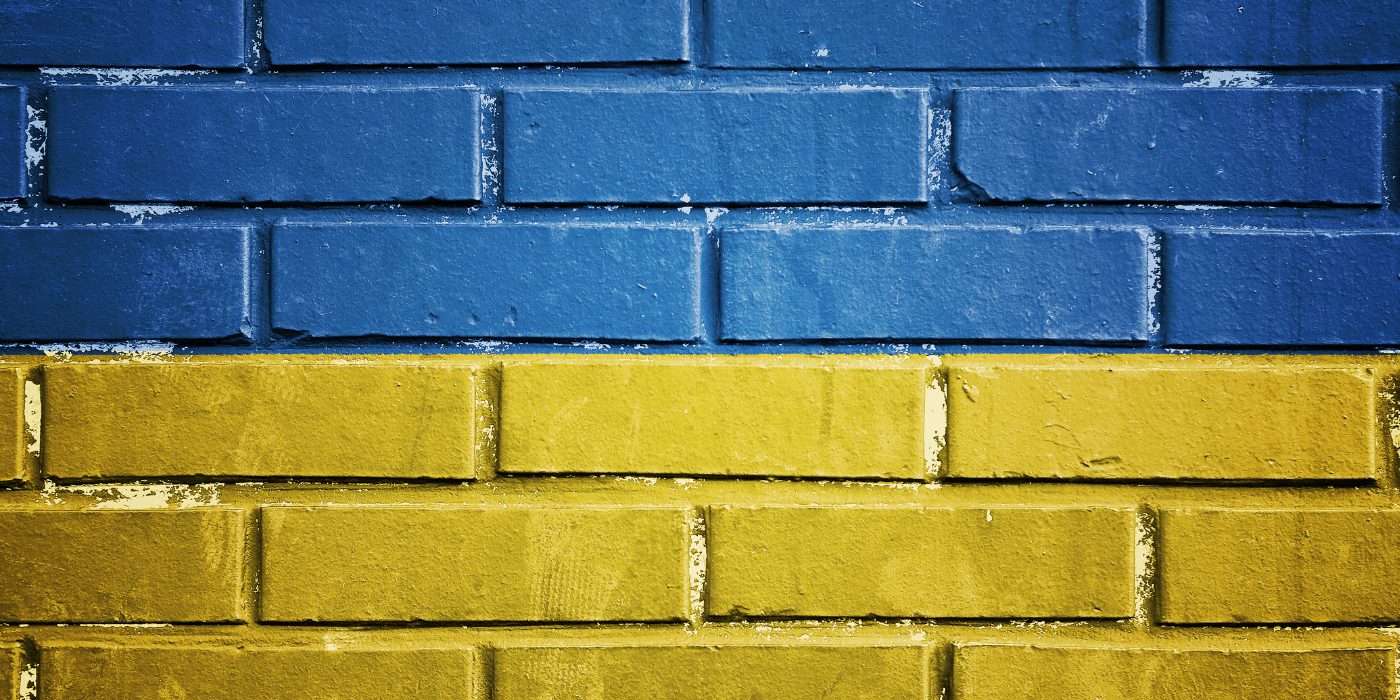Avalanche (AVAX) has committed a whopping US$290 million, or 4 million AVAX tokens, as an incentive to attract gaming, DeFi and NFT ‘Subnets’ to its platform. The goal of the “Multiverse” incentive fund is to create a network of application-specific blockchains according to a press release on its Medium page.
Multiverse an ‘Ongoing Initiative’
Introducing Avalanche Multiverse, an up to $290M incentive program focused on accelerating the adoption and growth of Subnets. Multiverse is focused on supporting new ecosystems, including blockchain-enabled gaming, DeFi, NFTs and institutional use cases. https://t.co/R5euxSV5hx pic.twitter.com/PHpET78P6L
— Avalanche 🔺 (@avalancheavax) March 8, 2022
The Avalanche Multiverse will be an ongoing initiative with no specified end date, along with six phases to support various projects, according to the foundation. Subnets, also known as subnetworks, are validators that allow others to establish their own Layer 1 or Layer 2 blockchains on Avalanche. Because Avalanche is proof-of-stake, projects can become validators staking $AVAX tokens.
DeFi Kingdoms, a play-to-earn game built atop the Ethereum sidechain Harmony, has created its own Avalanche subnet as part of the multiverse initiative, along with a new Avalanche-native token, $CRYSTAL.
The entire DeFi Kingdoms universe is written into smart contracts, pushing the envelope of what is possible with blockchain technology. We began looking very early on for technology that could help us scale and introduce new features like using our native tokens for gas fees, without sacrificing security or decentralisation. Avalanche’s revolutionary subnet technology is the perfect fit.
Frisky Fox, executive director, DeFi Kingdoms
Ava Labs, which helps drive the development of Avalanche, has partnered with Aave, Golden Tree Asset Management, Wintermute, Jump Crypto, Valkyrie, and Securitize to build the subnet. Participants will need to undergo know-your-customer (KYC) checks, allowing traditional financial institutions to build on the blockchain.
Stani Kulechov, founder and CEO of Aave, said in a statement: “Avalanche Subnets enable us to create an ideal environment for institutions to migrate on-chain.” He added: “This is a significant leap toward a future where the barriers between traditional and decentralised finance cease to exist.”
According to Emin Gün Sirer, director of the Avalanche Foundation, “Subnets will be the next growth engine in crypto, enabling novel functionality only possible with network-level control and open experimentation on a scale we haven’t yet seen.”
Avalanche Rife with Issues of Late
In September last year, Avalanche DeFi project Vee Finance lost over US$35 million in a hack. In late February, the Avalanche-based DeFi protocol “polite” rug pulled investors and the protocol was shut down within the first day of its launch.

